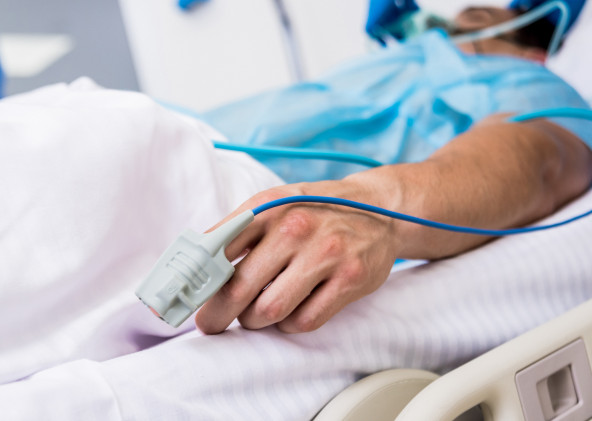Weaning only possible after prior habituation? Weaning only after prior habituation

Another case of conflict is the beginning of weaning the patient from ventilation (so-called weaning). This is because during the weaning phase, the spontaneous breathing hours during the interruptions in ventilation may be billed in addition to the pure ventilation time.
Weaning only after prior habituation
In its ruling of December 17, 2019 (B 1 KR 19/19 R), the Federal Social Court (BSG) decided that a patient can only be weaned off ventilation after prior habituation. This regularly requires a break in time between the start of ventilation and the start of habituation.
The consequence of this is that the weaning phase cannot be started immediately after the start of ventilation.
The BSG's decision was rightly criticized by lower courts (Regional Social Court of Saxony, judgment of 15.07.2020 - L 1 KR 251/14 or Regional Social Court of Bavaria, judgment of 26.05.2020 - L 5 KR 273/17): According to the wording, weaning does not require prior habituation.
New ruling by the Federal Social Court
In its most recent ruling of December 17, 2020, the sixth senate of the BSG has now addressed this legal issue again. The court generally upholds the concept of habituation. The report of the hearing (the reasons for the decision are not yet available) states that
"In its judgment of 19.12.2017, the Senate defined "habituation" within the meaning of DKR 1001l as: "the significant restriction or loss of the ability to breathe spontaneously completely and without mechanical support over a longer period of time". "Habituation" to the ventilator is therefore not linked to any further requirements. In particular, "habituation" can be based on the fact that, after the start of mechanical ventilation, the inability to breathe spontaneously (as defined) occurs as a result of the treated illness or only due to a weakening of the respiratory muscles as a result of mechanical ventilation or due to a combination of several factors."
This can be interpreted as a distancing from the ruling of December 17, 2019 (B 1 KR 19/19 R): By stating that "habituation" is not linked to "further prerequisites", it can be concluded that, in particular, it no longer depends on a temporal caesura between the start of ventilation and the start of weaning, as was seen in particular in the switch from intubation to non-invasive ventilation. This is underpinned by the statement that habituation can already occur as a result of the treated illness - and not just mechanical ventilation.
The exact reasons for the decision remain to be seen. In cases in which the Medical Service criticizes the point of the alleged lack of habituation, hospitals should check with reference to the current BSG ruling whether the ruling can be used to assert their own claims.
